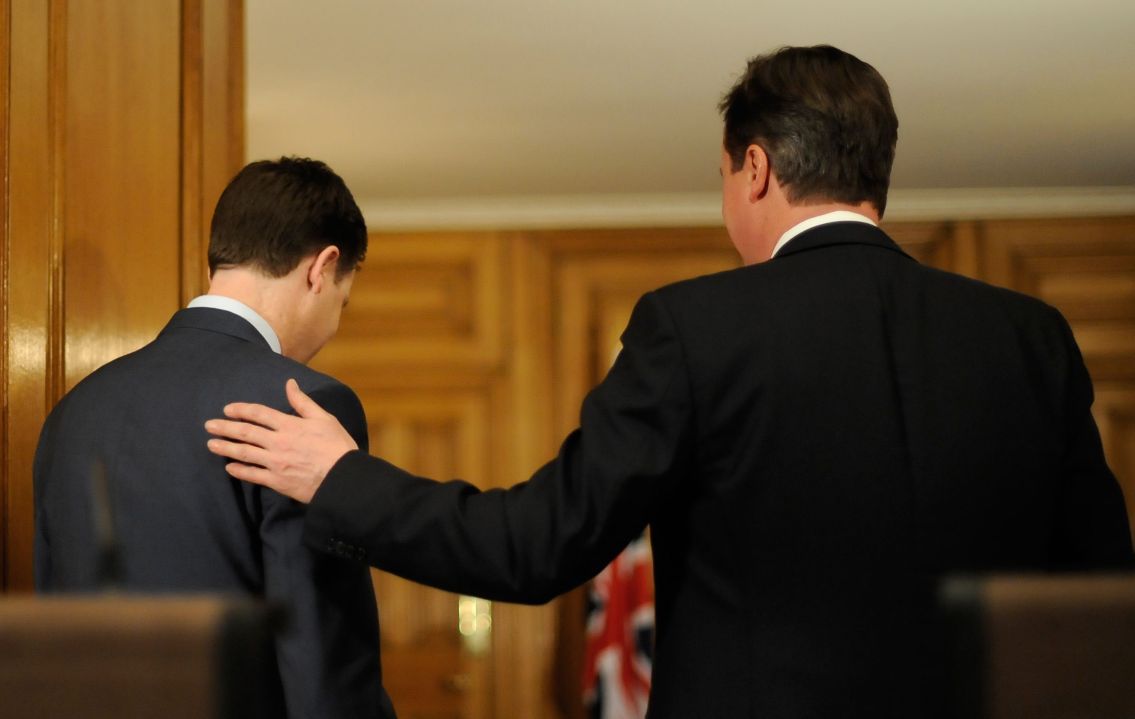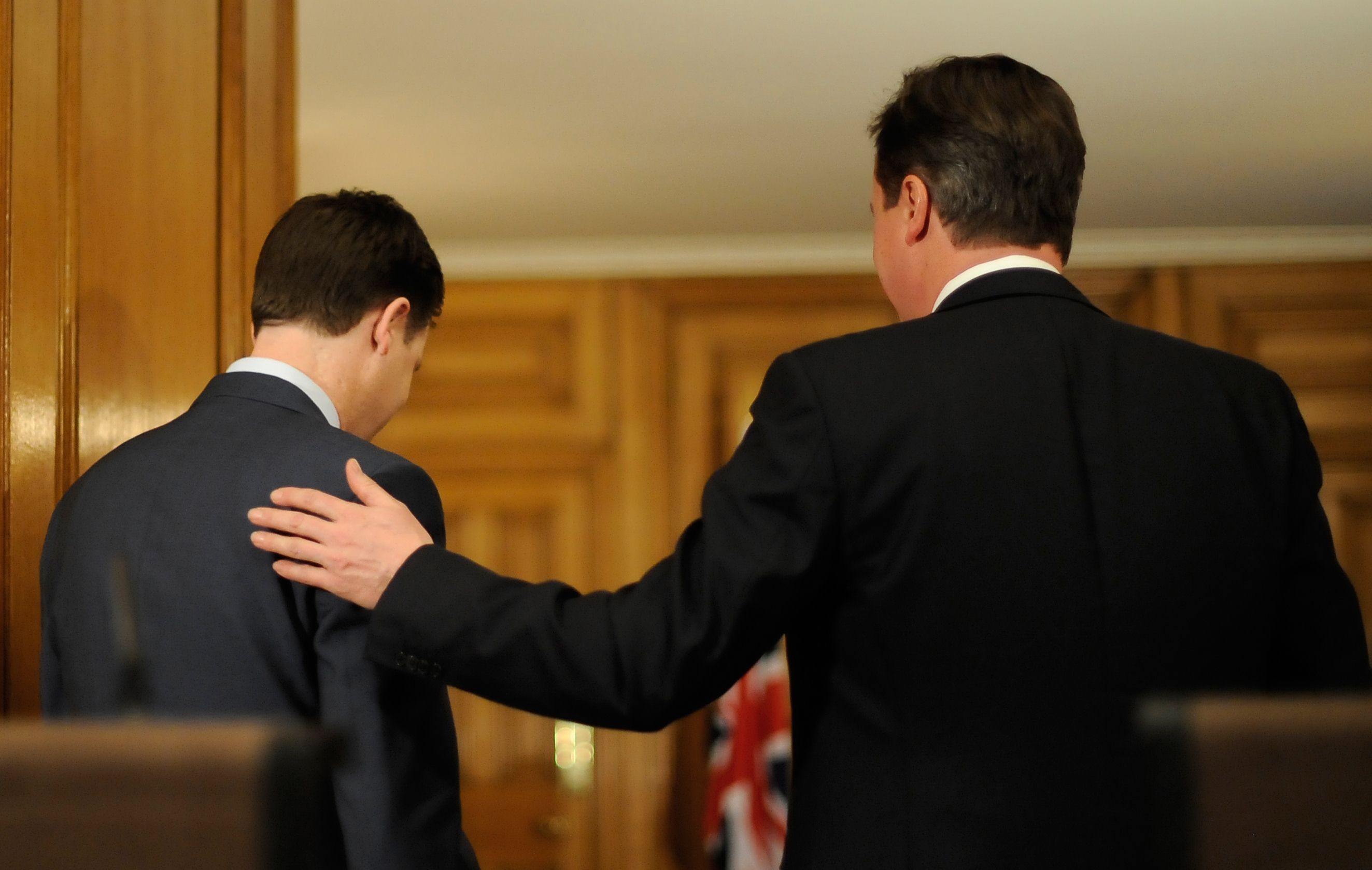 It was not so long ago — the run-up to last May’s AV referendum, to be exact — that we heard the coalition would
It was not so long ago — the run-up to last May’s AV referendum, to be exact — that we heard the coalition would
be entering a new phase. Gone was the happy synthesis of the Tories and Lib Dems that prevailed after the election, and in its place would be a government that spoke more openly, more angrily about
its differences. But even if Phase 2.0 had the appearance of being more fractious, it was actually designed to keep the parties together. The idea was that, by highlighting the essential
differences between the two sides, their supporters could more easily be kept on board with the overall project.
I mention this, this morning, because it looks as though that strategy is either being ramped-up or taken in a new direction. During Phase 2.0, it turned out, the flashpoints were rarely that
violent, and the ministers behind them were often the usual suspects, such as Chris Huhne or Vince Cable. But now Nick Clegg is the one brandishing the Lib Dem torch against the Tories. There was
his no-show during Cameron’s statement on Europe, of course. And today, we learn, he’s going to give a speech attacking those Tories — including
David Cameron, one assumes — who want to recognise marriage in the tax system. ‘We should not take a particular version of the family institution, such as the 1950s model of
suit-wearing, breadwinning dad and aproned, homemaking mother,’ Clegg will caricature, ‘and try and preserve it in aspic.’ He will even weave a divide between ‘Open Society
Liberals’ and ‘Big Society Conservatives’.
Whether this counts as Phase 2.5 or 3.0, I’m not sure. But it certainly feels different from the days when Clegg described the Big Society as a very Liberal sort of animal. After the shock of the veto, he
is clearly trying to reinforce his own leadership. The question is whether all this is being done with No.10’s blessing and by their choreography, or whether Clegg is going further than Cameron
would prefer.
Whatever the case, change is afoot. As our former editor Matthew d’Ancona reveals in his Sunday Telegraph column this morning, David Cameron is also
working behind the scenes to redefine his leadership for 2012. And so the prospects for more open disagreement between the two leaders appear to be good. Thing is, this may serve the same purpose
that Phase 2.0 was intended to: keeping the various sets of party supporters happy with the coalition. Or it could, quite feasibly, do the opposite: creating a more venomous atmosphere of demand
and counterdemand that leaves neither side happy. Either way, it is noteworthy that the coalition consistently deals with setbacks by trying to look more, not less, divided in public. In that
repsect, at least, our government differs from a celebrity couple.
A healthy Labour party might be able to exploit this situation; attacking a government that is internally divided at a time of national peril, that sort of thing. But, as we saw on Wednesday, Cameron and Clegg will always be able to use the ‘It’s not like we’re
brothers’ defence. Or, rather, they’ll always be able to use that so long as Ed Miliband is in charge.







Comments